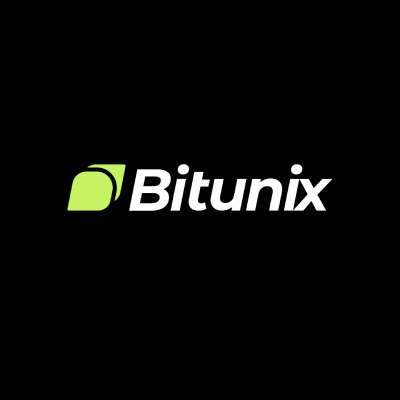原作者 | 解密
编译自Odaily星球日报 南枝
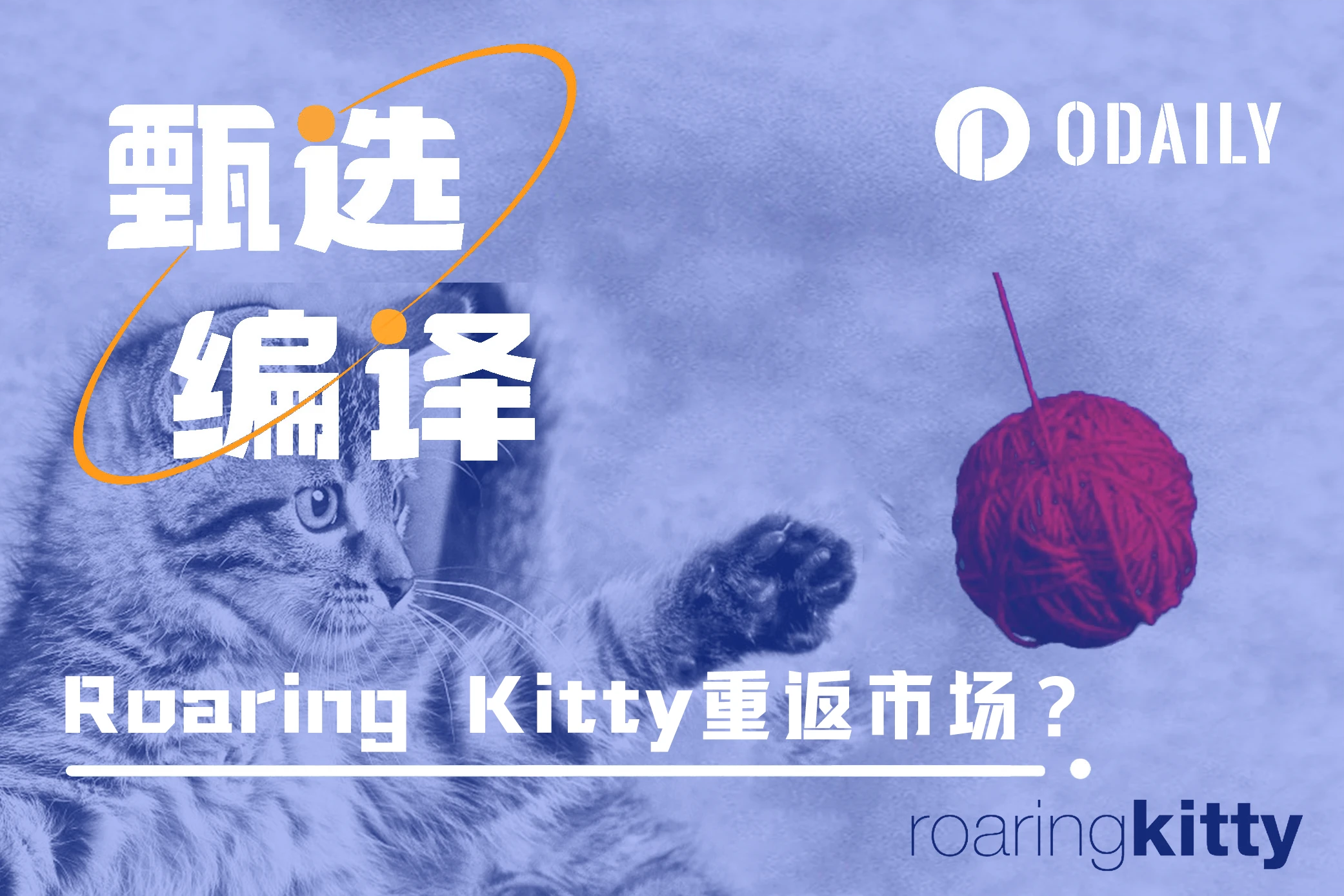
On May 13, Roaring Kitty reappeared in the public eye.
When he returned to Twitter (X platform), he didn’t even directly mention GameStop (GME), the stock whose roller coaster ride had attracted global attention and was made into a documentary. But his return still caused GME’s stock price to double in a short period of time and caused the price of the eponymous meme token GME on Solana to surge by 1,900%.
What is the connection between Roaring Kitty, whose real name is Keith Gill, and bankrupt video game retailer GME and Meme Coin?
Gill is the protagonist of the 2023 film Dumb Money, which tells the story of the 2021 GameStop short squeeze. Gills analysis and promotion of GameStop that year largely triggered the fire that swept Wall Street in 2021 and led to his testimony on Capitol Hill.
He announced his return with a tweet, his first in 150 weeks, which may bring another storm in the crypto and traditional investment circles.
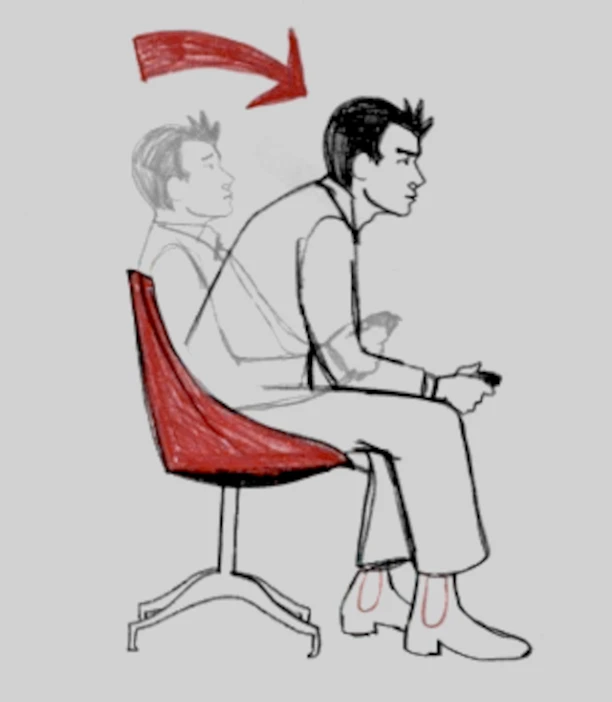
Who is Roaring Kitty?
Before he made a splash in the financial world under the name Roaring Kitty (or DeepFuckingValue on Reddit), Gill dreamed of becoming a track star, according to the Wall Street Journal Gill’s first attempt at creating content on YouTube was posting a 4:33 mile run video.
Although his dream of running track was thwarted by injuries, Gill turned his attention to the stock market. In 2019, Gill became director of financial wellness at life insurance company MassMutual. That same year, he joined Reddit and began posting on the WallStreetsBets subreddit.
Gill is widely known for his role in the GameStop stock short squeeze that occurred on January 27, 2021. On Reddit, he has gained a large following for investing in GameStop stock, promoting the asset on social media, and his Roaring Kitty YouTube channel.
“FYI, prices are going up in March and GME continues to outperform the market on a relative basis,” Gill wrote in a 2020 Reddit post.
The stage is set.
GameStop
At the time, the gaming retailer was in financial trouble, and many institutional investors and hedge funds believed that GME stock was overvalued and shorted GameStop stock.
At the time, one GME share was worth about $5.16. Before GameStop’s stock surged, its share price was well below its previous all-time high.
Users on the r/WallStreetBets subforum, including Gill, noticed the growing number of short positions in GME and smelled an opportunity to trigger a short squeeze, a term used to describe a sharp rise in the price of an asset that forces traders who are “short” to be liquidated.
(Odaily Note: During the liquidation, short sellers need to purchase assets to cover their short positions, which further drives the stock up.)
Although Gill did not single-handedly trigger the GameStop short squeeze, he was an important figure in the debate and was the first to go against the mainstream view and determine that GameStop was undervalued.
People talk about GameStops decline, but theyre going to do $2 billion in a quarter at the end of a console run, and the digital transformation rhetoric is overhyped, Gill wrote on Reddit as DeepFuckingValue. Theres still potential for this business model to grow, and the new consoles will be a major tailwind.
As GME shares rose, several firms that bet on GameStop to fall were forced to close their positions, notably Melvin Capital, which lost nearly $3 billion shorting GameStop.
On January 28, the day after the GameStop short squeeze and the day of the historic rally, Robinhood, the preferred platform for retail traders, was hit with two lawsuits after it blocked customers from buying more GameStop shares. When Robinhood blocked the purchase of GameStop, the stock had reached $492, but quickly fell to $193.
(Odaily Note: Robinhood attracted a large number of retail investors with its simple operation and 0 transaction fees. Robinhood’s “unplugging” behavior not only includes GME, but also stocks such as AMC and NOK. Some other platforms have also introduced regulations prohibiting opening positions and only allowing closing positions.)
GME Aftermath
On February 18, 2021, Gill was called to testify before the U.S. House of Representatives Financial Services Committee. He was joined at the hearing by the CEOs of Robinhood and multinational hedge fund Citadel.
Gill said at the hearing: It is true that my investment in that company has increased in value many times over. I feel very fortunate for this. I also believe that the current stock price proves that my view on the company is correct. I have no clients and do not provide personalized investment advice for fees or commissions. I am just an individual investor, and my investment in GameStop and social media content are based on my own research and analysis.
To dispel any misunderstanding about his identity, Gill also told lawmakers that he is neither an institutional investor nor a hedge fund. The idea that he could use social media to boost GameStop stock and influence the market is absurd.
Gill’s last previous post on Reddit was dated April 16, 2021. He quietly quit social media on June 18, 2021, and last posted a video of a sleeping cat on the X platform.
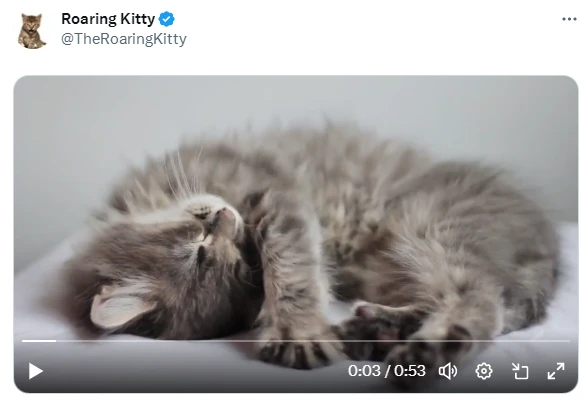
GameStop has tried to use the publics attention to develop its business, and even entered the field of cryptocurrency and NFT . However, the companys cryptocurrency business did not go far. In August 2023, GameStop closed its NFT wallet business due to regulatory uncertainty, and closed its NFT market in January of this year.
The GameStop short squeeze and Roaring Kitty’s role in it became the centerpiece of a documentary and a film. In September 2022, Netflix released the miniseries “Eat the Rich: The GameStop Saga,” followed by the feature film “Dumb Money” in 2023.
return
The news of Roaring Kittys return has once again caused a storm on social media.
Take, for example, meme stock pioneer and social media influencer Andrew Tate, who is set to sell $500,000 worth of Bitcoin to join the latest GameStop short squeeze.
Crypto top VAnsem responds to Roaring Kitty tweet: “Hey bro, what we buying?”
Even Barstool Sports founder David Portnoy was ready to get in on the action, quoting a line from The Godfather: Part III: You wanna go crazy, go crazy! Every time I thought I quit, they pulled me back in.

It’s unclear why Gill chose to return to Platform X, or if he’s actually returning. His Reddit and YouTube accounts are currently inactive, with only a dozen video clips posted since his first return tweet, and he has not yet responded to Decrypt’s request for comment.
But his apparent reappearance clearly stirred the GameStop crowd, sparked a flood of memes on Solana, and roiled the broader meme market, which included DOGE, SHIB, and PEPE, which rose 5.7%, 5.0%, and 15.4%, respectively.
The meme tokens on Solana also experienced a surge, led by GME and KITTY, with recent market caps of $100 million and $30 million, respectively, both rising more than tenfold yesterday. Other GME-related memes also rose to varying degrees, and the concept even extended to GME liquidation institutions such as Melvin Capital,
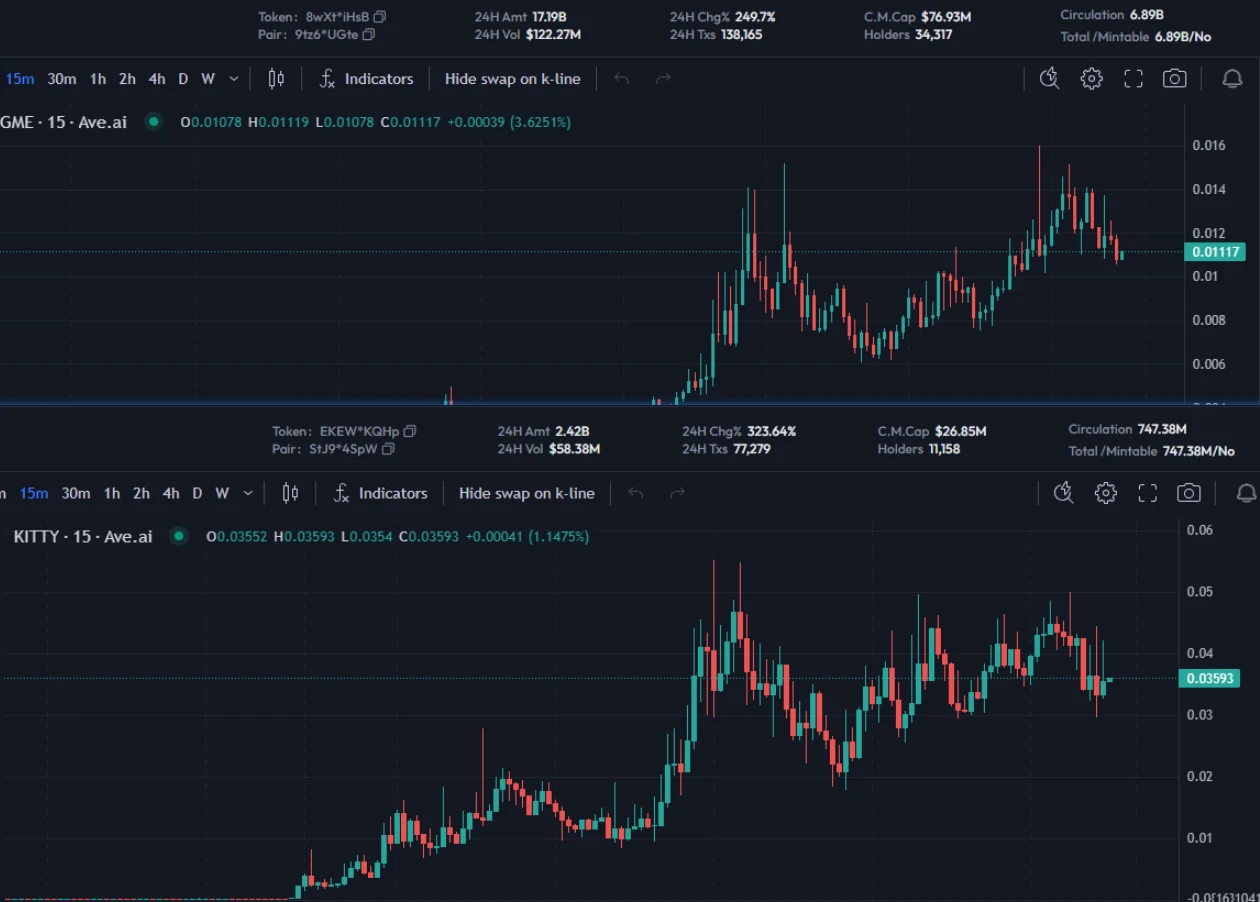
This was all sparked by a series of video posts, and if Gill, or whoever currently controls the @TheRoaringKitty X account, starts tweeting explicitly about stocks or cryptocurrencies, the market could very well be set off again.
This article is sourced from the internet: The king who once killed Wall Street institutions is back. Will Roaring Kitty ignite the Meme market again?
Related: Bankless: The dilemma of the points program and the high FDV airdrop model
Original author: David Hoffman Original translation: TechFlow The EIGEN airdrop sparked a discussion about the divide between private and public markets. The large-scale private placement and high FDV airdrop model based on points is causing structural problems in the crypto industry. Converting a points program into billions of dollars in low-volume tokens is not a stable equilibrium, yet we remain stuck in this model due to a confluence of factors: an excess of venture capital, a lack of new players, and excessive regulation. The meta regarding token issuance is always changing, and we have witnessed the following major eras: 2013: Proof of Work (PoW) Fork and Fair Launch Meta 2017: The ICO meta 2020: The Era of Liquidity Mining (DeFi Summer) 2021: NFT Minting 2024: Points and Airdrop Metaverse Every…





